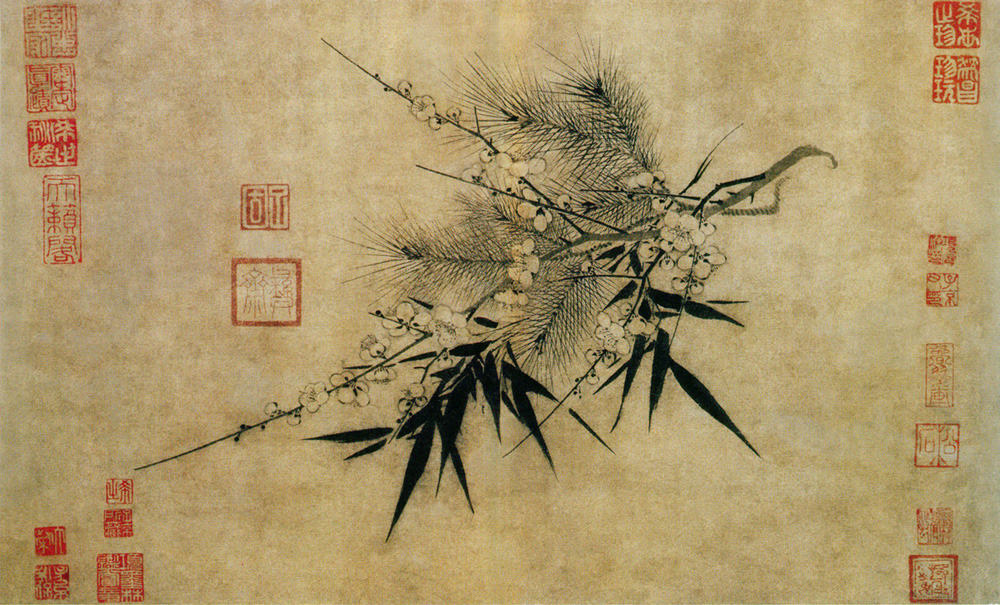By Massimo Introvigne, November 9, 2024
This year, I received two gifts from a character I had been interested in for decades, Swedish painter Ivan Aguéli (1869–1917). First, I was finally able to visit the Aguéli Museum in his birthplace, Sala, Sweden. Sala is located some 130 kilometers from Stockholm, and the museum is open only four days per week. It is a small museum but still essential for understanding Aguéli as an artist.
In fact, there is a different perception of Aguéli in Sweden and elsewhere. In Sweden, he is primarily known as a painter, and one who eludes classification in a specific current, and honored as such. Abroad, his artistic production is less known than his role in the history of the spread of Sufism in the West, esotericism, and anarchism. In fact, a closer look at the Egyptian landscapes may open a window on Aguéli’s spirituality. But you have to look at them twice.
The second gift came by the mail. It was the book by Paul-André Claudel “Un journal « italo-islamique » à la veille de la Première Guerre mondiale : Il Convito / النادي [al-Nâdî] (Le Caire, 1904-1912)” (Alexandria: Centre d’Études Alexandrines, 2022). The book is a jewel and confirms that there is no substitute for the printed paper. The elegant composition of text and illustrations would never be the same on Kindle.
The museum in Sala introduces the artist but does not reveal the important role of Aguéli as a cultural strategist who tried to create a friendship between a part of the Western culture and Islam. This is the subject matter of Claudel’s book, organized around the magazine “Il Convito,” published in Italian, Arabic, and sometimes Ottoman Turkish in Cairo between 1904 and 1907, with two further issues in 1910 and 1912 by Aguéli and Italian medical doctor, scholar, and intelligence agent Enrico Insabato (1878–1963).
Claudel’s tour de force succeeds in showing the idiosyncratic nature of the magazine. There is little doubt that Insabato, under his hat (one of many, though) as an Italian spy, produced the magazine to persuade Muslims that, unlike Britain and France, the secular Italy of the early 20th century was a friend of Islam. Engaged in an ideological and political conflict with the Vatican, Italy did not support Catholic or Protestant missionaries either.


